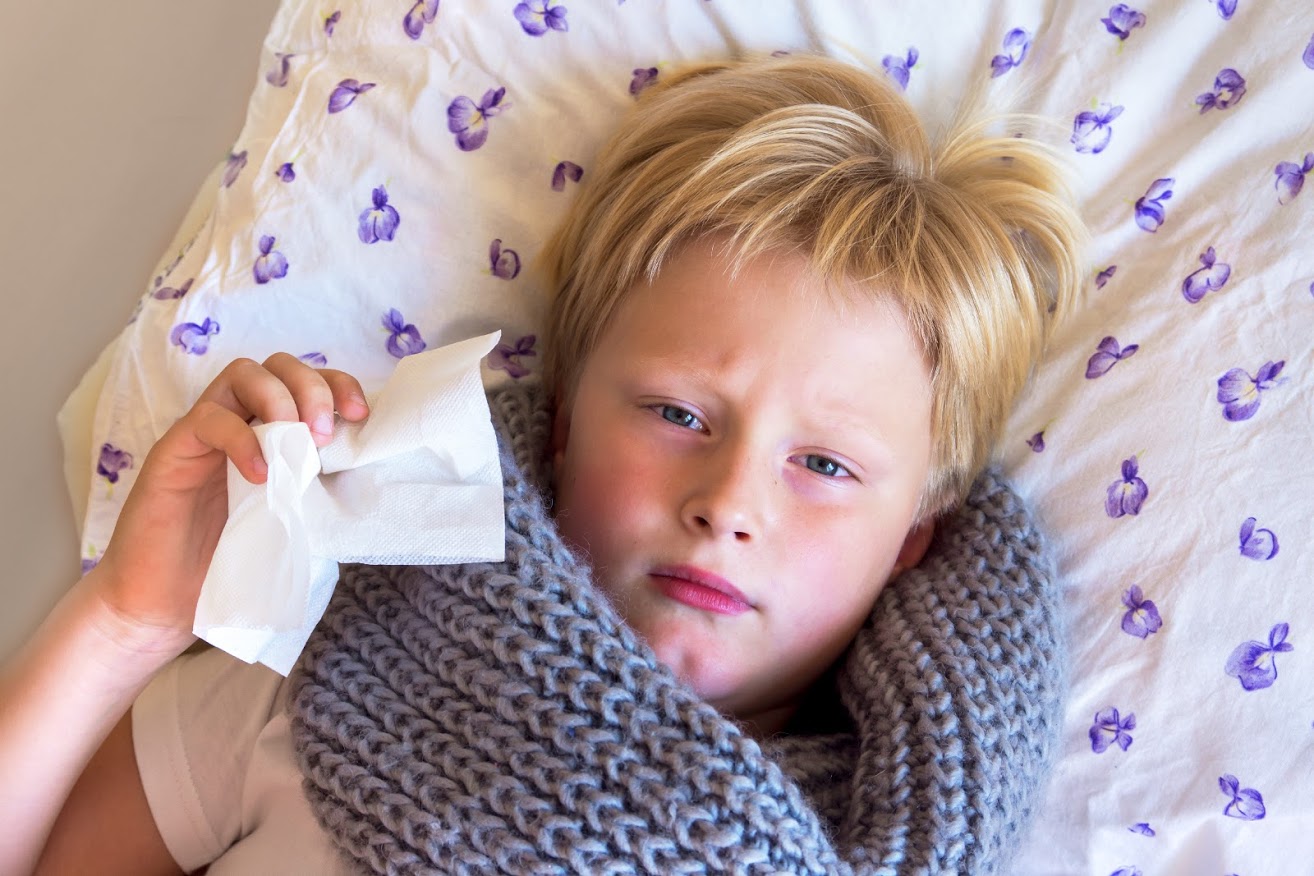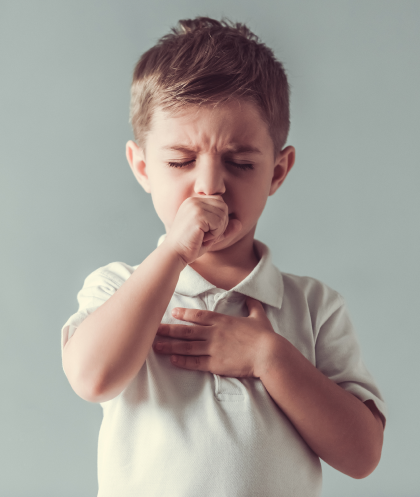
77 Wimpole Street,
London, W1G 9RU


Respiratory Conditions

Flu season is the part of the year when you are most likely to catch influenza. Although it is possible to get flu at any point in the year, it tends to spread more quickly during the colder winter months, just like the common cold and other kinds of viral infection in children.
When Is Flu Season? Flu season in the UK usually starts in about October. It peaks in January and February, and it can go on until as late as May during a bad year.
How Should You Prepare for Flu Season? If you are at high risk of flu then your doctor may recommend having the seasonal flu vaccine. The vaccine can protect you against the strain of flu that has been identified as the biggest threat for the current flu season. However, you’ll still be vulnerable to other strains of flu.
What Can You Do To Reduce The Risk During Flu Season? Although it’s impossible to prevent all viral infection in children, there are a few things you can do to help keep your family healthy during flu season.
How to Stop the Spread of Flu If someone in the family is unfortunate enough to catch the flu despite these precautions, there are some important steps to take to prevent it from spreading further. You might be able to prevent viral infection in children from spreading to the rest of the family or going round the whole school.
Please fill the form below
Suzanne Harvey
secretary
Resources
